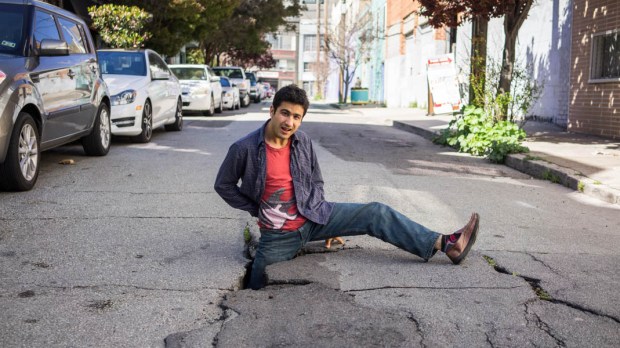Lenten Campaign 2025
This content is free of charge, as are all our articles.
Support us with a donation that is tax-deductible and enable us to continue to reach millions of readers.
“You can’t play cards with the devil!” So said an elderly Jesuit to me, who was quoting an elderly Jesuit before him. What does that saying mean, and how does it pertain to us as we make our way through Lent?
It means that we can’t make a deal with Satan. We can’t allow Satan, whom St. Ignatius Loyola called “the enemy of our human nature” to gain a foothold in our lives. The illusion propagated by our culture (and by Satan himself) is that we can cut a deal with Satan—we can get goodies, treats and benefits from him, and then not pay a most terrible price. In other words, we can invite Satan in and expect him to be a well-behaved guest in our soul. We can “play cards with the devil,” and expect to survive, even to win.
Of course, this is a monstrous fantasy. Satan has been playing this game since the time of Adam and Eve in the Garden of Eden. He said to them as he says to us: “God doesn’t understand you—but I do.” That is to say, God doesn’t have the best for us, but we can get the good stuff—the stuff we really want, need and deserve—if only we make a deal with the devil, if only we play the game of negotiating with temptation.
Last week, I began our series of reflections on poetry for Lent with the observation that Lent is a time for us to be broken, that is, the shell of our hardheartedness must be broken so that we may come to know and love Christ crucified. (See here.) This week, let’s look at a poignant and powerful poem by Portia Nelson. It is a favorite among those who are wrestling with addictions. Among those who have achieved sobriety, they say that this poem illustrates that there can be no compromise with temptations, no pseudo-rationalizations or excuses for a destructive habit of “playing cards with the devil.”

Read more:
Pope: Bullying is the work of Satan, who has no compassion

Read more:
How a parish helped to free a woman from the devil
Autobiography in Five Short Chapters
I.
I walk down the street.
There is a deep hole in the sidewalk.
I fall in. I am lost. I am helpless.
It isn’t my fault.
It takes forever to find a way out.
II.
I walk down the same street.
There is a deep hole in
the sidewalk.
I still don’t see it. I fall in again.
I can’t believe I am in the same place.
It isn’t my fault.
It still takes a long time to get out.
III.
I walk down the same street.
There is a deep hole in the sidewalk.
I see it there, I still fall in.
It’s habit. It’s my fault. I know where I am.
I get out immediately.
IV.
I walk down the same street.
There is a deep hole in the sidewalk.
I walk around it.
V.
I walk down a different street.
(© 1977 Portia Nelson, There’s a Hole in My Sidewalk: The Romance of Self-Discovery)
In Nelson’s view, Lent is a time to “walk down a different street.” It is a time to turn our back on the “street” that leads to self-indulgence, excuses, self-recrimination and self-loathing. It is a time to turn our back on the “street” that leads to a dependence on a substance or creature rather than to dependence on God.
For faithful Christians, especially during Lent, what might Nelson’s “other street” look like?
That “other street,” that way of living without excuses or rationalizations, is the Way of the Cross. It is the living of the choice to take up our own cross and follow in the footsteps of our Savior. It is a path of self-renunciation and an embracing of Christ who is crucified, risen, reigning and returning. As we walk this path, we can look at every choice, every word, every action and ask ourselves: “Does this help me to savor the graces I have received in the past? Does this help me to do the next right thing in the present? Does this help me to plan for the good future God intends for me?”

Read more:
Praying for humility when you love compliments
If the answer is, “No,” then we have to discard thought, word or deed, recoiling from it as we would from a deadly and contagious poison. Such is our call at all times, but especially during the season of Lent, when we are called to confront ruthlessly our excuses and deadly compromises.
This coming Sunday is the Third Sunday of Lent. In the new calendar, the assigned Gospel shows Jesus cleansing the temple. (John 2:13-25) This week, let’s turn to Jesus in prayer, and ask him to purify our own hearts, as we ask his help to stop playing cards with the devil.
When I write next, I will continue our reflections on poetry for Lent. Until then, let’s keep each other in prayer.

Read more:
5 Tips if you’re botching Lent

